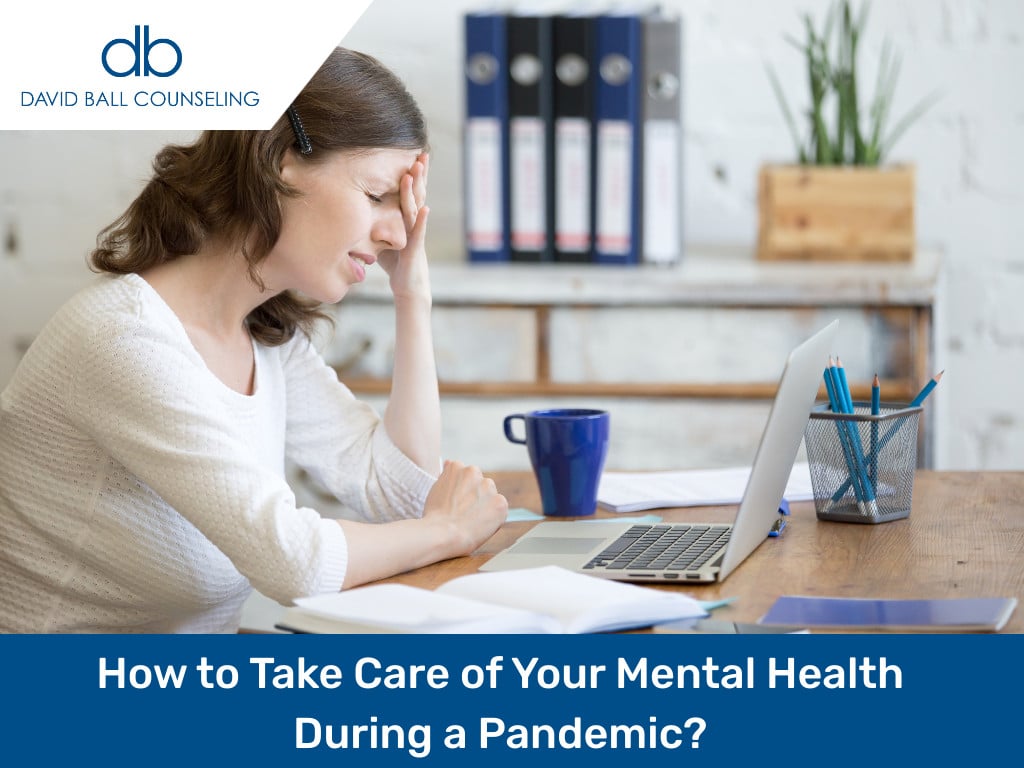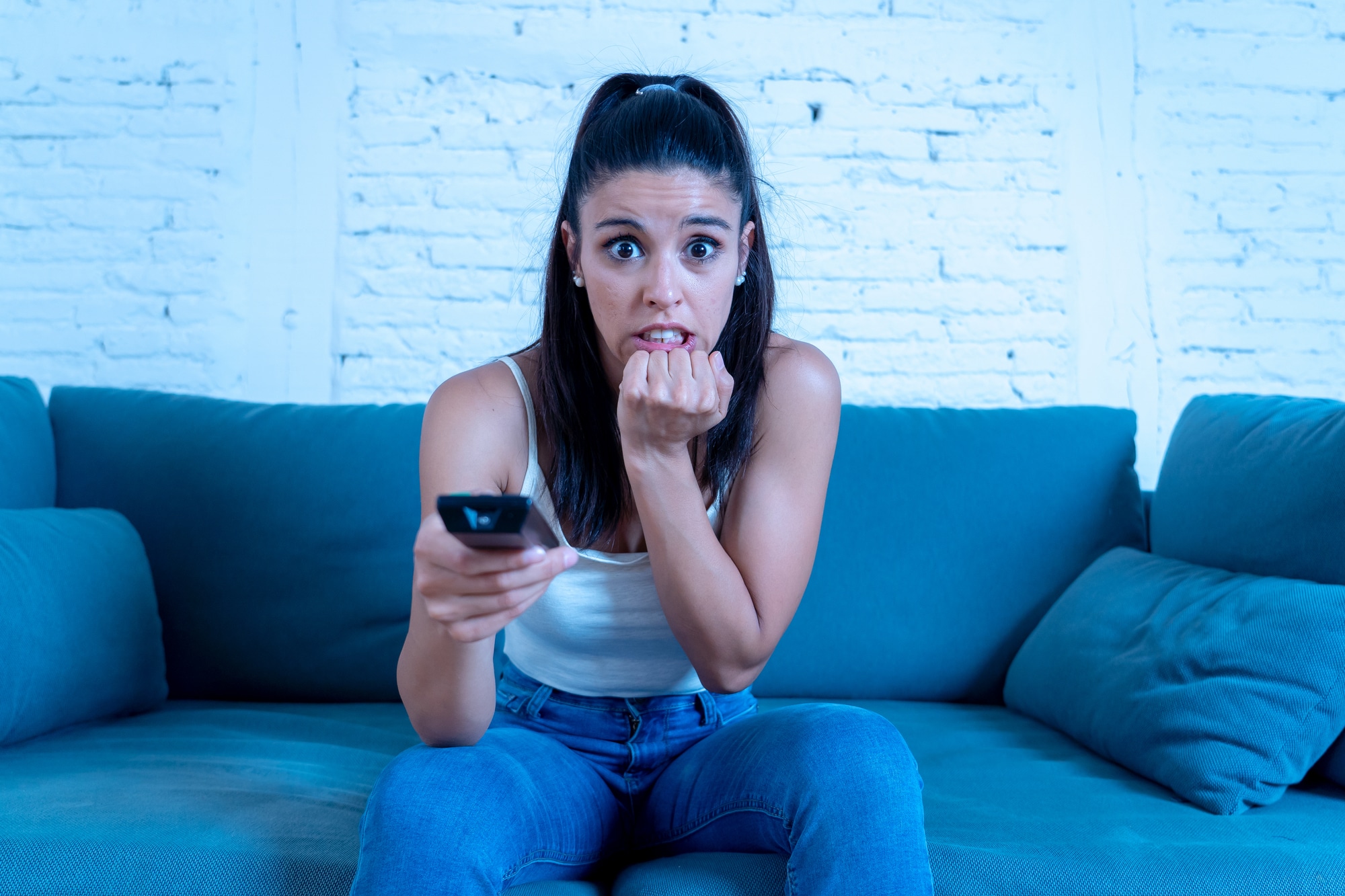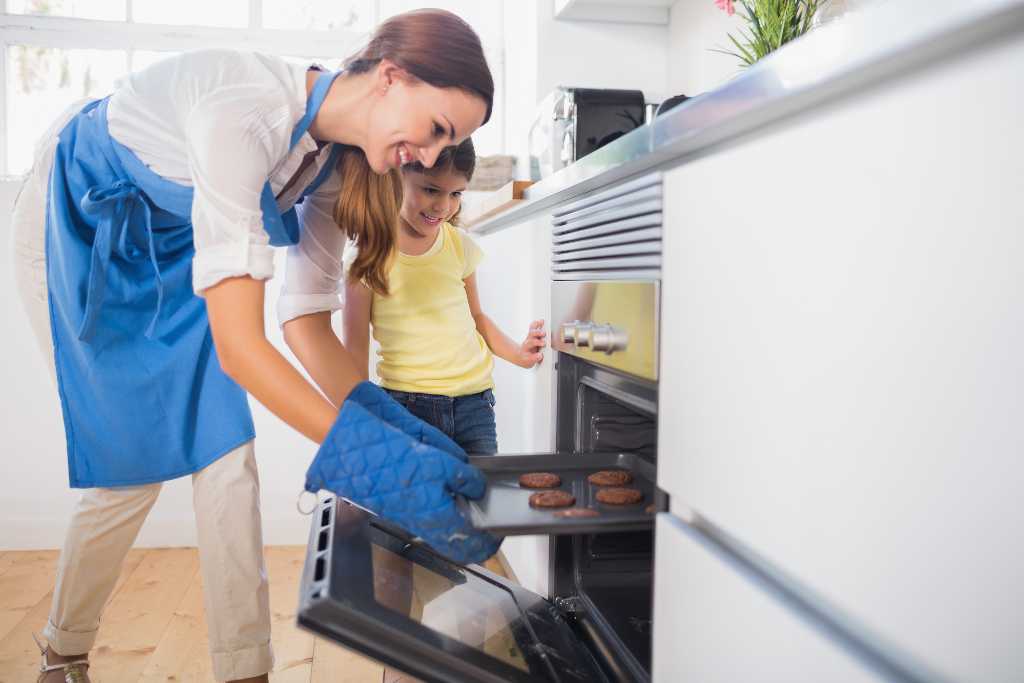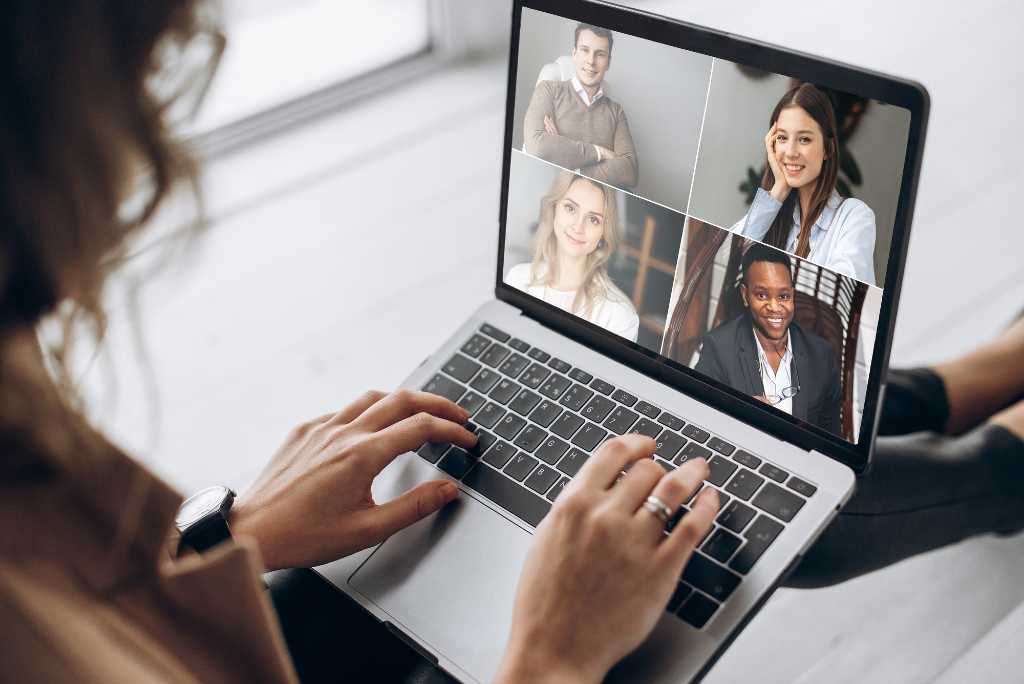How to Take Care of Your Mental Health During a Pandemic?
2020 has been a rough year for many reasons. Unfortunately, the cyclone of global intensity over the last 365 days is taking a huge toll on people’s mental health and wellbeing. The global pandemic has created a perfect storm for increasing mental issues – COVID anxiety and depression are off the charts.
According to the latest research from KFF, the percent of Americans who have reported mental health concerns has increased significantly from March to July of 2020. These concerns include depression, anxiety, and overall stress levels.
- 36% experienced difficulty sleeping due to these issues.
- 12% stated they were turning to substances like drugs or alcohol to cope.
Most of us, me included, have experienced increased fear and anxiety related to COVID. This pandemic is a real health challenge where health and lives are being impacted. People have been isolated from friends, family, and loved ones while they quarantine. Information we see from media outlets is sometimes uncertain and often scary to take in. Moreover, thousands of people have lost their jobs, income, and even have lost loved ones to COVID-19.
As a mental health counselor, I know that people are genuinely struggling with increased anxiety, depression, and isolation based on real-life uncertainties. It should not be surprising that many are experiencing serious mental health challenges for the first time in their lives. This pandemic has propelled us into unprecedented situations – and feeling anxious or depressed is increasingly common. Despite the real uncertainty of these times with COVID, there are many things you can do to help your mental health during these challenging times.
5 Ways to Focus on Your Mental Health During COVID Times:
Spend Less Time With Your Triggers
Although it can seem hard to escape the reality of what is going on in this world, it’s essential to find ways to give yourself a break. This begins with recognizing the situations that trigger anxious responses, like stress and COVID anxiety.
Take note of when you start to feel more depressed or anxious and try to identify what is bringing up those emotions. Is there more dread, fear, or intensity while you turn on the evening news or scroll through social media? You are certainly not alone in this – many studies have found a direct link between social media, the news, and increased anxiety levels. “Doomscrolling” is a very real thing. Doomscrolling is scrolling through those social media feeds you have and looking at information connected to the intensity of the world. It is quite normal to doomscroll. In uncertain times our minds feel a greater amount of fear and uncertainty and we have a tendency to look for what is certain. Certainty creates a feeling of safety amidst uncertain times. Many of us try to find this sense of certainty via news outlets and social media. Unfortunately, there is a lot of dramatic stuff in our social media and news media feeds. Sometimes doomscrolling and watching the news can actually make us more anxious and less certain.
If watching the news or scrolling through your social feeds causes you increased inner turmoil it is healthy to avoid it. Yes, avoidance is really healthy sometimes. And if there is a trigger like social media or television that causes you to feel dread or fear it is ok to not look at it.
This approach works with other types of triggers, too – such as a stressful living situation. Take the time to separate yourself as much as you can by going on a walk alone or taking a bath, turning on calming or satisfying music while you lay down for a few minutes, and so on. Anything that gives yourself a little bit of time to destress can be extremely beneficial for your mental wellbeing.
Consider Talking to Your Employer
Many people have started to work remotely in response to the global pandemic. While there are numerous benefits to this working situation (goodbye morning commute!), it can take a toll on your mental wellbeing.
One out of five people who work from home experience loneliness and isolation. Eighteen percent found it stressful and hard to unplug, and 7% struggled with staying motivated. Feeling lonely and isolated can be harmful to our physical and mental health.
It would be beneficial if every employer had a proactive policy regarding mental health challenges during the pandemic. Some employers will be open to listening to worker concerns or health challenges. Proactive employers offer employee assistance programs with mental health concerns via HR departments. It is going to be beneficial to know if your company and talking to HR could be helpful if you are in need.
Discover New Things You Enjoy
You may remember in the first few weeks of the pandemic when it seemed like everyone was trying out new hobbies while stuck at home. People started baking bread, doing extreme puzzles, and accomplishing DIY projects. These are not just significant ways to pass the time – they can help your mental health, too.
Our brains are creative and curious by nature. Pandemic times can cause some slowdown for us where we can take advantage of our natural curiosity. It can be helpful to channel our curious minds and invest in learning or growing some skills. Through this pandemic, we have seen millions of people learning to cook, reading new books, planting trees, teach their animals new tricks or other activities. Humans love learning and doing. If we can get active and channel these talents it helps diminish some of our fear, loneliness, or inner pain centered around this pandemic.
Get Moving
It is proven that exercise and physical activity can support better mental health for many reasons. Movement stimulates blood flow and hormone production, which boosts serotonin levels – making you feel calmer. Exercise can also be an excellent way to reduce and cope with stress.
For some people, getting started creating a plan around exercise can be stressful. It can be helpful to think about exercise as a small daily investment. If you can just put in a little exercise each day it is helpful. Drastic changes with exercise can be unsustainable at times. If we can just make small little steps each day and then slightly more the next these steps add up. Even a 20 min walk can provide you with mental and physical health benefits.
You can also find a safer workout or physical activity that you enjoy and do with friends and family members. Many people have enjoyed nature hikes or walk with friends during the pandemic! You may also want to try out stress reliving workouts – like yoga or intense HIIT – to get your mind occupied with other things. Many gyms have been working overtime to keep things safer for people and it may be worth a call to understand policies around health if you have concerns.
Consider Therapy if Life Is Too Stressful
Finally, if life seems out of balance, it could be helpful to consider talking to a mental health professional. If anxiety, depression, or other internal challenges start to interfere with your life, it is ok to reach out for help. Talking to a counselor can help you work through your struggles and make sure that you feel less alone during these challenging times. Quality mental health counselors can also help clients build internal resources that help create confidence among all the uncertainty.
If you are concerned about COVID-19 safety or are unable to get to a counselor’s office, consider giving virtual therapy a go. Talking to a professional through Zoom or even over the phone can be an effective alternative when meeting in person is not doable.
Our practice offers group therapy sessions and anxiety therapy, grief counseling, and traditional talk therapy sessions – all through virtual tools. Health and safety are a top concern in this profession and clients fears and desires for the type of therapy they want are always considered and addressed.
Conclusion
The world’s current state is extremely unpredictable- and the global pandemic is impacting many people’s mental wellbeing. If you are experiencing increased COVID anxiety, stress, depression, or other mental challenges, do not hesitate to reach out to a family, friends, and maybe even a mental health counselor.
Remember, your mental health is just as important as your physical health. Even during a global pandemic, prioritizing your mental wellbeing can help you create a balanced life.
